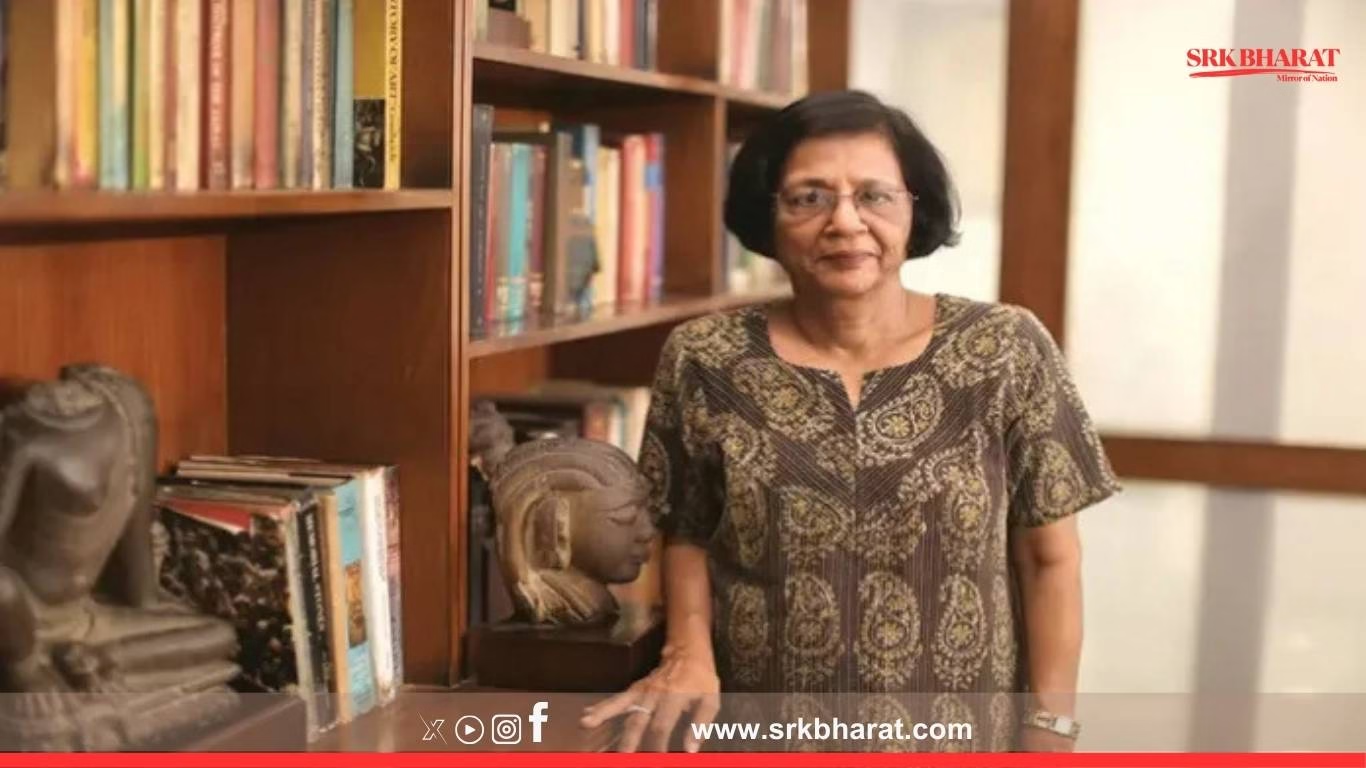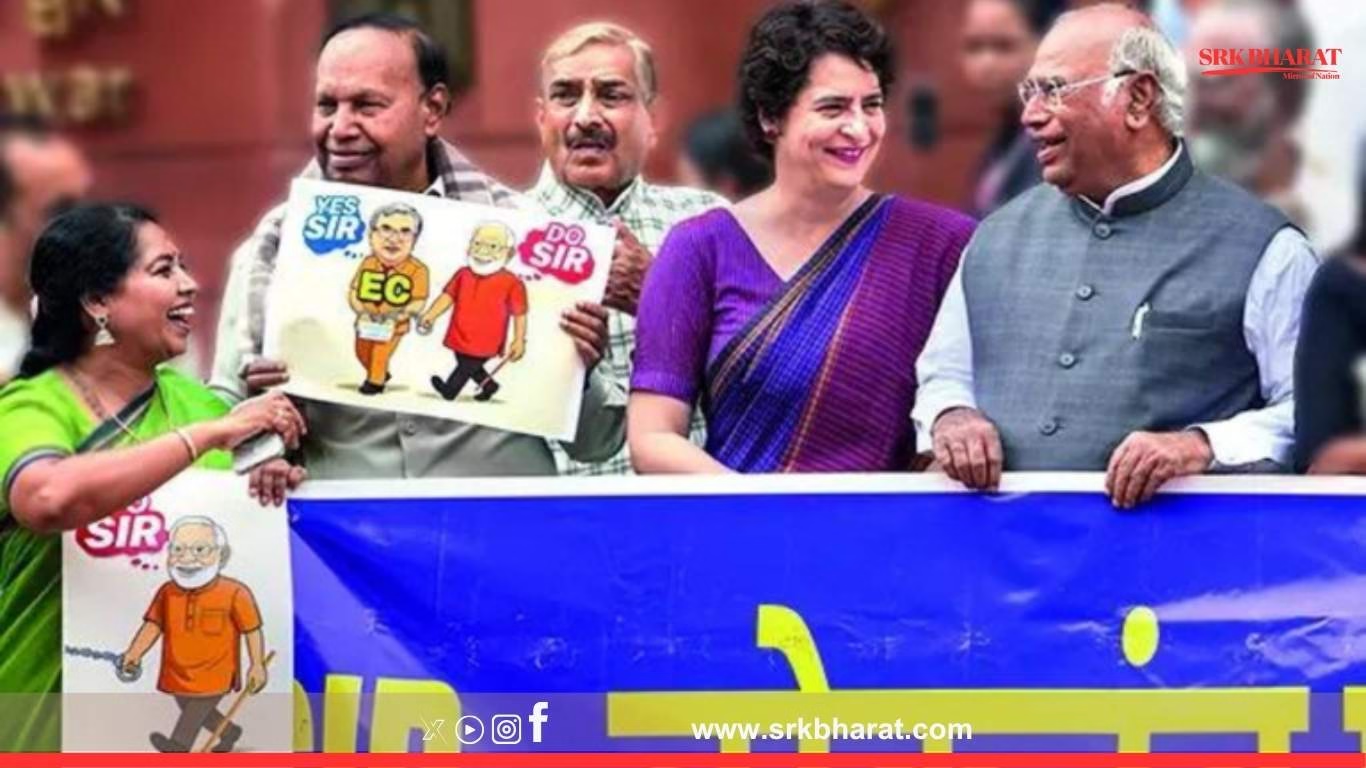In a significant development highlighting the Indian government’s commitment to recognising scholarly contributions to nation-building, eminent historian and Padma Shri awardee Meenakshi Jain has been nominated to the Rajya Sabha. Known for her rigorous academic work and nationalistic approach to Indian history, Jain’s entry into the Upper House underscores the importance of intellectual voices in shaping legislative debates and cultural narratives.
Who Is Meenakshi Jain?
Meenakshi Jain is a renowned historian, author, and academic who has extensively researched medieval and ancient Indian history. She holds a Ph.D. in History from the University of Delhi and has served as an Associate Professor at Gargi College, University of Delhi, for several decades.
Her works focus on:
- Hindu society and temple traditions
- Cultural continuity of India
- Debunking colonial and Marxist historical interpretations
Among her widely read books are “Flight of Deities and Rebirth of Temples”, “Sati: Evangelicals, Baptist Missionaries, and the Changing Colonial Discourse”, and “Rama and Ayodhya”, each of which has challenged conventional narratives and sparked academic debates.
Recognition Of Her Work
In 2020, Meenakshi Jain was conferred the Padma Shri, India’s fourth-highest civilian honour, for her contribution to literature and education with a focus on historical research. The award citation lauded her for:
- Bringing evidence-based clarity to critical historical events.
- Contributing to the revival of indigenous historiography.
- Educating generations of students with a balanced, rooted perspective of Indian history.
Her Nomination To Rajya Sabha
The government’s nomination of Meenakshi Jain to the Rajya Sabha is viewed as part of its broader strategy to include experts from diverse fields in legislative discourse. The Constitution allows the President to nominate 12 members to the Upper House for their contributions to arts, literature, science, and social service.
Reasons For Her Nomination
- To provide intellectual inputs on cultural and historical legislation.
- To balance policy narratives with grounded, research-backed perspectives.
- To strengthen India’s heritage policies by having historians in direct policy-making forums.
Statements On Her Nomination
Upon her nomination, Meenakshi Jain expressed gratitude, stating:
“It is an honour to serve in the Rajya Sabha. I hope to contribute meaningfully towards policy debates and bring historical perspectives to contemporary issues.”
Political leaders and academia welcomed the decision. Union Minister for Culture remarked:
“Meenakshi Jain’s nomination is a recognition of academic rigour rooted in Indic thought. Her presence will enrich parliamentary discussions.”
Impact On The Indian Intellectual Landscape
Meenakshi Jain’s elevation is expected to:
- Encourage research scholars to engage with policy processes.
- Bring focus to heritage conservation, cultural revival, and history education reforms.
- Challenge Eurocentric frameworks in historical policy debates.
Key Contributions Of Meenakshi Jain
| Book/Research | Key Focus | Impact |
|---|---|---|
| Rama and Ayodhya | Historical and archaeological evidence for the Ram Janmabhoomi temple | Widely cited in Ayodhya dispute debates |
| Flight of Deities and Rebirth of Temples | Accounts of temple desecration and reconstruction | Reasserted cultural resilience narratives |
| Sati: Evangelicals, Baptist Missionaries, and the Changing Colonial Discourse | Critique of colonial discourse on Sati abolition | Opened fresh debates on historical interpretation |
| Research Articles | Various themes in Indian medieval history | Influenced curriculum revisions |
A Historian In Parliament: Why It Matters
1. Evidence-Based Policy Input
Historians like Meenakshi Jain bring data-backed perspectives, ensuring policy debates are rooted in historical context rather than short-term populism.
2. Cultural Legislation
India is witnessing renewed emphasis on reviving traditional knowledge systems. Scholars in Parliament can guide legal frameworks for heritage conservation and education.
3. Curriculum Reforms
Jain’s expertise is expected to support the government’s plans to decolonise and Indianise school and university history curricula under the National Education Policy (NEP) 2020.
Criticism And Controversy
Like all public intellectuals, Meenakshi Jain’s works have also faced criticism, mainly from historians aligned with Marxist and post-colonial schools. Critics argue that her approach is ideological and selective, while her supporters assert that she corrects decades of distortion.
In response to such critiques, Jain had stated in an earlier interview:
“History writing cannot remain hostage to ideology. It has to be based on evidence, and I have focused on bringing that to the forefront.”
The Road Ahead
With Meenakshi Jain in the Rajya Sabha, policy experts anticipate:
- Greater scrutiny of heritage bills and cultural policies.
- Debates on curriculum frameworks gaining academic depth.
- Protection of traditional knowledge systems and temple heritage being prioritised in policy making.
Public Reactions
On social media, scholars and citizens hailed her nomination:
- @IndicScholar: “Congratulations to Dr. Meenakshi Jain. A true academic entering Parliament to enrich national discourse. #RajyaSabha #HistoryMatters”
- @VoiceOfIndia: “Finally, historians rooted in Indian ethos get their due recognition. Dr. Meenakshi Jain will be an asset.”
Final Thoughts
The nomination of Meenakshi Jain to the Rajya Sabha is a testament to the nation’s appreciation of scholarly excellence and its role in shaping policies rooted in historical continuity and cultural identity. Her presence is expected to bridge the gap between academia and policy, ensuring laws governing heritage, culture, and education are well-informed and culturally grounded.
Disclaimer: This news article is for informational purposes only. All views, quotes, and interpretations are based on public statements and published research works of Meenakshi Jain. Readers are advised to consult official Rajya Sabha notifications for procedural details on nominations and legislative roles.











